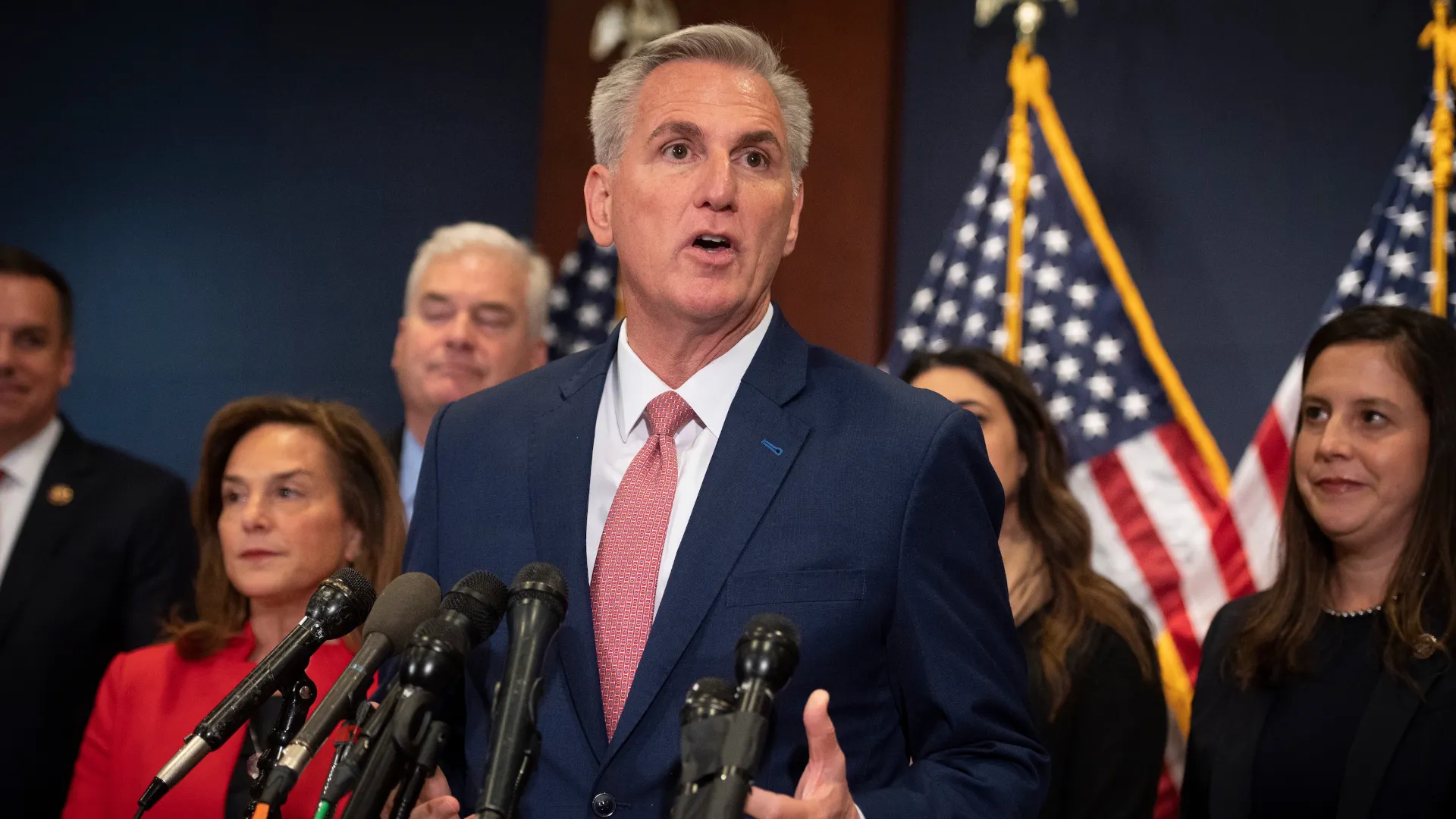On Tuesday, for the first time in its 234-year history, the United States House of Representatives voted to oust its current Speaker, California Republican Kevin McCarthy, in the culmination of a months-long rebellion against the politician instigated by a handful of disgruntled lawmakers from his own party.
Without precedent, the remarkable occurrence now throws the House into paralysis until a majority of congresspeople can agree on a new Speaker. While the vote was openly condemned on Tuesday as disastrous by numerous Republicans, it may also hold the potential to raise the profile of a number of notably pro-crypto politicians who appear well positioned to succeed McCarthy.
As soon as the Speaker position was formally vacated on Tuesday afternoon, McCarthy, in accordance with House rules, tapped a temporary House speaker to replace him in the interim: Patrick McHenry (R-NC), current leader of the powerful House Financial Services Committee.
McHenry, a vocal advocate for the crypto industry, has attempted in recent months to leverage his influential position to create a comprehensive framework for American crypto regulation. A bill championed by the North Carolina congressman, which would create a clear path for crypto projects and exchanges to operate legally in the United States, has been circulating around Washington since this summer.
Should McHenry leverage his current position as interim Speaker of the House to pursue the role permanently—and triumph in that effort—then the development would undoubtedly constitute the highest position in the United States government ever held by such a vocally pro-crypto politician. The Speaker of the House, in addition to coordinating all matters that come before Congress, is also the second person in line for the presidency after the Vice President.
It’s unclear if McHenry will seek the position though, given his close personal relationship with McCarthy—who may himself seek the Speakership again despite the clear obstacles standing in his way. But should McHenry abstain, the role may still be in the grasp of another fiercely pro-crypto congressman: Tom Emmer (R-MN), the current House Majority Whip.
Emmer, the third-highest ranking Republican in Congress, has for well over a year positioned himself as one of Washington’s most outspoken crypto proponents. He has lambasted federal government agencies for taking action against privacy-minded crypto tools, steadfastly defended the crypto industry even amid the collapse of FTX, and repeatedly taken swings at Securities and Exchange Commission (SEC) chair Gary Gensler for the agency’s actions against crypto firms. He even went so far as to draft a bill to guarantee Gensler’s firing in June.
Emmer has also notably gained the trust of the eight ultra-conservative Republican lawmakers who voted to oust McCarthy earlier Tuesday, according to a report by the New York Times, potentially clearing a key hurdle facing any potential candidate for the position.
Whether Emmer will seek the Speakership, or be able to attain it, is as yet unknown. Part of the reason so many Republican lawmakers dreaded McCarthy’s removal is because, given the Republican caucus’ current fracturing and ultra-slim four-seat majority, it is unclear how or when any Speaker candidate will be able to convince more than half of the House to support them.
Other representatives reported by the Times to be viable candidates for the position include Steve Scalise (R-LA), the current No. 2 House Republican, and Elise Stefanik (R-NY), the Republican caucus' highest ranking female member.

